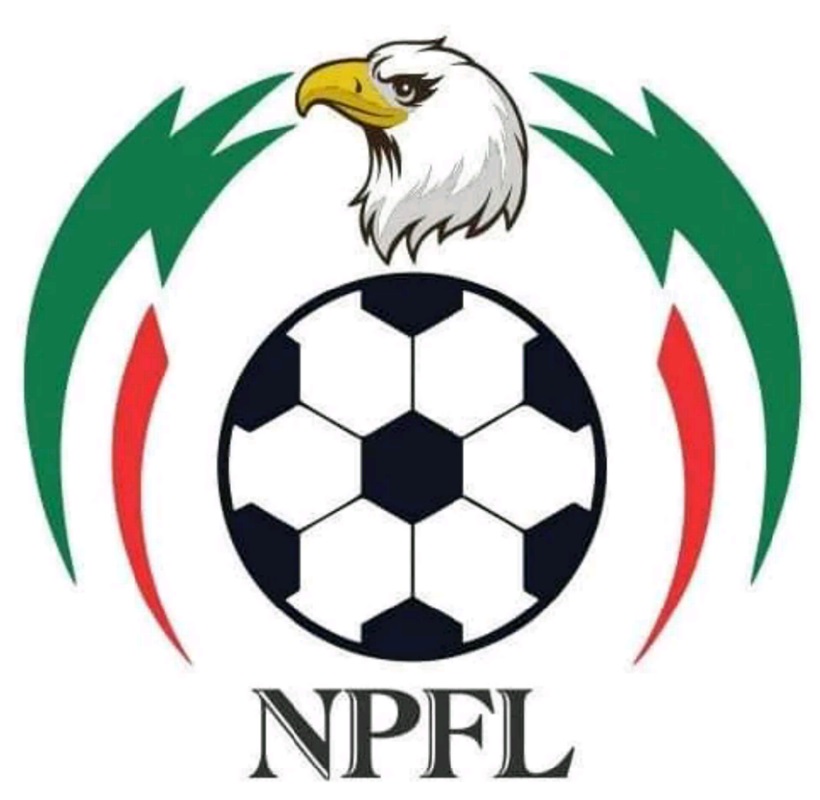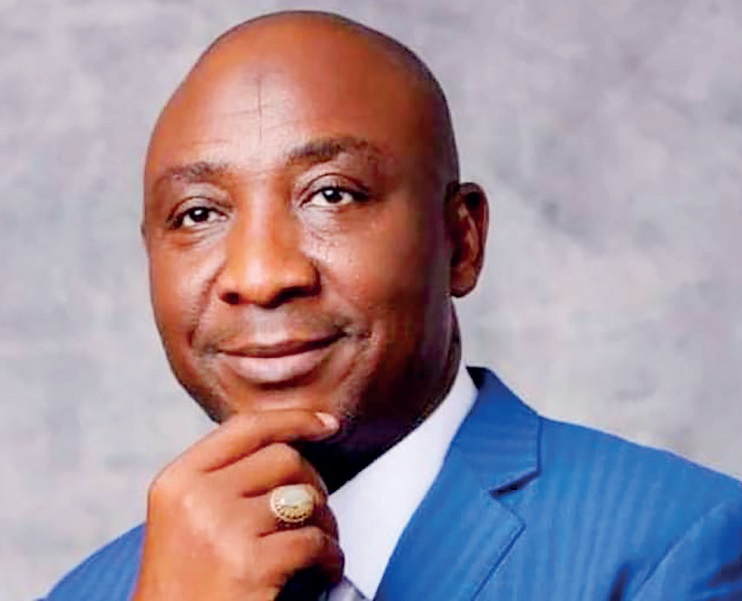August 19, (THEWILL) – The growth of football in Africa has long been hampered by financial difficulties that have their roots in several deep-seated issues. These challenges have prevented clubs from reaching their full potential, leaving the continent’s football scene underdeveloped compared to other regions. With recent developments, it is critical to assess what these changes mean for the future of football in Africa, particularly in Nigeria.
Financial constraints in African football are not a recent phenomenon. They have been part of the fabric of the game on the continent for decades, stemming from a combination of poor governance, lack of investment, and an underdeveloped commercial environment.
Poor governance has been a major issue. Many football associations across Africa have struggled with corruption and mismanagement. Funds meant for the development of the sport often end up in the pockets of officials rather than being invested in clubs or infrastructure. This has created an environment where football clubs are perpetually starved of resources.
Investment in African football has historically been low, particularly from domestic sources. While European clubs enjoy significant revenue streams from television rights, sponsorship deals, and match-day revenues, African clubs largely depend on gate receipts, which are minimal given the economic conditions in many African countries. The lack of strong domestic leagues that can attract large audiences has further compounded this problem.
The underdeveloped commercial environment in Africa has also played a role. Unlike in Europe or North America, where football is a major business, the sport in Africa has not been commercialised to the same extent. This is due to a lack of infrastructure, both physical and institutional, which makes it difficult to attract sponsors or negotiate lucrative television deals. Additionally, the economic instability in many African countries makes it risky for businesses to invest in the sport.
The financial constraints facing African football have had a significant impact on clubs across the continent. Without sufficient funds, clubs struggle to maintain their operations, let alone invest in the future. This has led to a situation where many African clubs are unable to compete at a high level, either domestically or internationally.
One of the most immediate effects of financial difficulties is the inability of clubs to retain their best players. Talented African footballers are often lured away by the promise of better perks and opportunities in Europe or the Middle East. This exodus of talent weakens the domestic leagues, making it difficult for them to grow and attract more fans. It also creates a vicious cycle where the lack of top talent makes the leagues less attractive to investors, further limiting the financial resources available to clubs.
Another consequence of financial difficulties is the poor state of infrastructure. Many African clubs do not have access to quality training facilities, stadiums, or medical services. This not only hampers the development of players but also makes it difficult to host international competitions, which could bring much-needed revenue into the sport.
The financial struggles of African clubs have also led to a lack of professionalization. In many cases, clubs are run by volunteers or part-time staff, with little expertise in areas such as marketing, management, or youth development. This lack of professionalism makes it difficult for clubs to build sustainable operations or develop long-term strategies for growth.
In recent years, there have been some positive developments in African football that could help address the financial difficulties facing clubs. However, these developments also come with their own set of challenges.
One of the most significant developments has been the increasing interest from foreign investors in African football. European clubs, particularly from countries like France, Belgium, and Portugal, have been establishing partnerships with African clubs or setting up Academies on the continent. These partnerships often involve the European clubs providing financial support, training facilities, and coaching expertise in exchange for the first option on signing promising African players.
While these partnerships can provide much-needed financial support and expertise, they also raise concerns about the long-term impact on African football. There is a risk that these partnerships could lead to a situation where African clubs become feeder teams for European clubs, with the best talent being siphoned off before it has a chance to develop in domestic leagues. This could further weaken the domestic leagues and limit their ability to grow.
Another development is the expansion of continental competitions, such as the African Champions League. These competitions offer African clubs the opportunity to compete on a larger stage and potentially earn more revenue. However, the financial rewards from these competitions are still relatively modest compared to those in Europe, and the costs of participation can be prohibitive for many clubs.
The increased interest from international media in African football is also a positive development. Major broadcasters have begun to show more African football, particularly the African Cup of Nations and key continental club competitions. This increased visibility could help attract more sponsors and investors to the sport. However, much of this interest is focused on the top teams and competitions, meaning that smaller clubs and leagues may not see the same benefits.
The future of football in Africa will depend largely on how the continent’s footballing institutions address the financial challenges facing the sport. While recent developments offer some hope, there is still much work to be done to ensure that these changes lead to sustainable growth.
One of the key areas that need to be addressed is governance. Without strong, transparent, and accountable football associations, it will be difficult to attract investment or build sustainable operations. Reforming governance structures and tackling corruption should be a priority for African football.
Another area that needs attention is the development of domestic leagues. While continental competitions and international partnerships are important, the long-term growth of African football will depend on the strength of its domestic leagues. This will require investment in infrastructure, marketing, and youth development, as well as efforts to retain top talent.
For Nigeria, the future of football will depend on addressing these broader continental challenges while also tackling some specific domestic issues. Nigerian football has a rich history and a large fan base, but it has also been plagued by many of the same financial difficulties seen across Africa. In recent years, the Nigerian Professional Football League (NPFL) has struggled with poor management, lack of investment, and an exodus of talent.
To build a brighter future for Nigerian football, there needs to be a focus on strengthening the NPFL. This could involve attracting more investment into the league, improving the quality of facilities, and professionalising club management. There also needs to be a concerted effort to develop youth talent within the country and provide them with opportunities to play at the highest level.
In all of these, while financial difficulties have long restricted the growth of football in Africa, recent developments offer some hope for the future. However, these changes will only lead to sustainable growth if they are accompanied by reforms in governance, investment in domestic leagues, and efforts to retain top talent. For Nigeria, the focus should be on strengthening the NPFL and developing the next generation of football stars. If these challenges can be addressed, there is no reason why African football, and Nigerian football in particular, cannot reach new heights in the years to come.

Jude Obafemi is a versatile senior Correspondent at THEWILL Newspapers, excelling in sourcing, researching, and delivering sports news stories for both print and digital publications.







